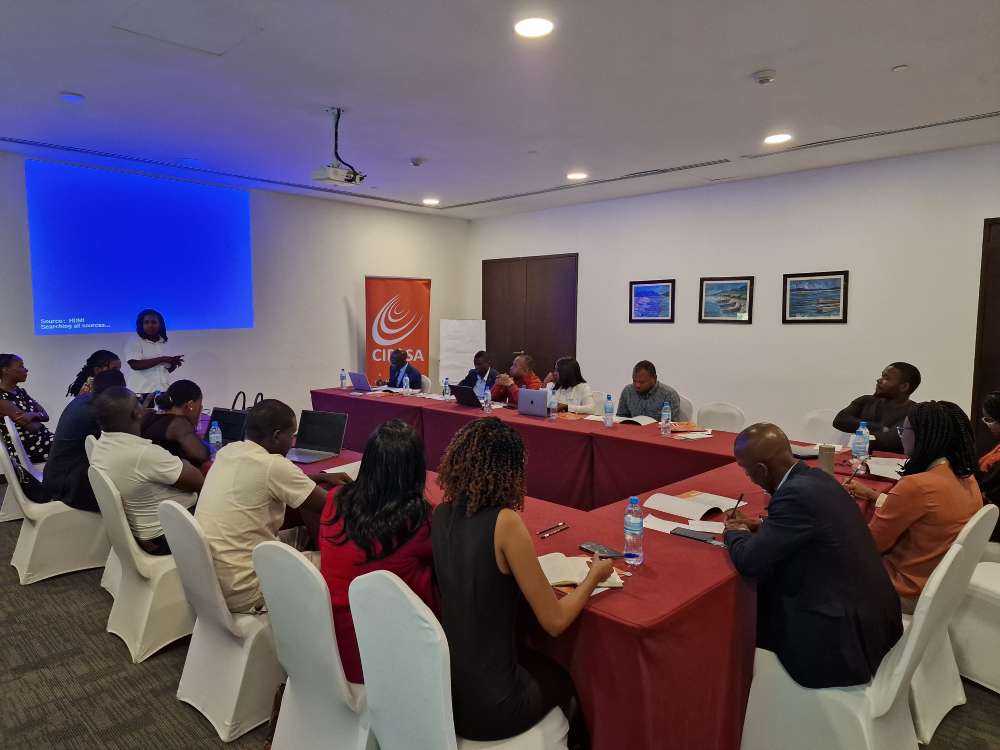By Asimwe John Ishabairu
Digital rights advocacy amidst rapid policy change and an ever-evolving technology sector in Africa is constrained by various challenges. Among them are siloed approaches, limited avenues for stakeholder participation, and a lack of requisite knowledge, skills, and resources for meaningful and sustained engagement. There is also inadequate digital resilience capacity among the most at-risk groups.
As part of the Greater Internet Freedom (GIF) project, the Collaboration on International ICT Policy for East and Southern Africa (CIPESA) has for the past three years led engagements to build the advocacy capacity of various actors in Lesotho, Mozambique, Tanzania, Uganda, Zambia and Zimbabwe.
The engagements have worked to grow participants’ thematic understanding of key digital rights trends, including disinformation, online gender based violence, legal and policy frameworks, surveillance, the digital economy, access and affordability, digital safety and security, privacy and data protection, digital inclusion and network disruptions, alongside practical skills development in digital rights research methodologies, data driven advocacy, artivism and impact communications.
Post-training evaluations indicate a strong appreciation of the relevance of the capacity building, the opportunity to expand networks, retention and application of acquired skills and knowledge. Notably, beneficiaries have become infomediaries within their communities and organisations, through awareness raising exercises, and conducting onward training.
“As a result of the training, we conducted a workshop with the grassroot women human rights defenders on disinformation and human rights, and developed a digital rights advocacy and communication strategy,” stated one beneficiary from Kenya, whose organisation works across East Africa.
“I took away an appreciation of the legal environment around digital rights and how to conduct research. As a result of the training, I’ve researched and published a research report in partnership with Global Voices”, said a beneficiary from Zimbabwe. Others point to collaborations with hitherto non-allied groups. “I have been able to approach key stakeholders such as legislators and legal practitioners for my research work and projects,” said another beneficiary from Tanzania.
Another from Zambia stated: “I have been able to influence collaboration between my institution and other like-minded actors through working groups on the government proposed media reforms and implications on digital rights, with a focus on gender perspectives.”
In total, the capacity building engagements reached 80 beneficiaries from various stakeholder groups, including governments, academia, civil society, media, and the legal fraternity across the six countries.
The engagements leveraged expertise from various field practitioners. Among them: the Pan African Lawyers Union (PALU), Media Convergence, the Tanzania Women’s Media Association (TAMWA), LaunchPad Tanzania, Jamii Forums, Culture and Development East Africa (CDEA), Bloggers of Zambia, the African Centre for Media Excellence (ACME), Makerere University, the Association for Progressive Communications (APC), Bongo Hive, Revolt for Her and Access now.
Beneficiaries acknowledged that digital rights advocacy was a broad field and the capacity building engagements served as critical entry points. However, they called for continuous engagements and follow-ups in tandem with evolutions in policy and practice.
“The sessions need to be ongoing,” said a participant from Uganda.
“I think such training should be provided regularly because the world of technology is very dynamic and needs constant updates to stay relevant,” said a participant from Mozambique.
According to CIPESA’s Programme Manager, Ashnah Kalemera, closing the skills, knowledge, and research gaps is crucial to growing the number and strength of actors advancing digital rights in Africa. This is at the core of CIPESA’s interventions, particularly the Africa Digital Rights Fund (ADRF), the fellowship programme, capacity-building programmes at both national and regional levels, and stakeholder convenings such as the annual Forum on Internet Freedom in Africa (FIFAfrica).

